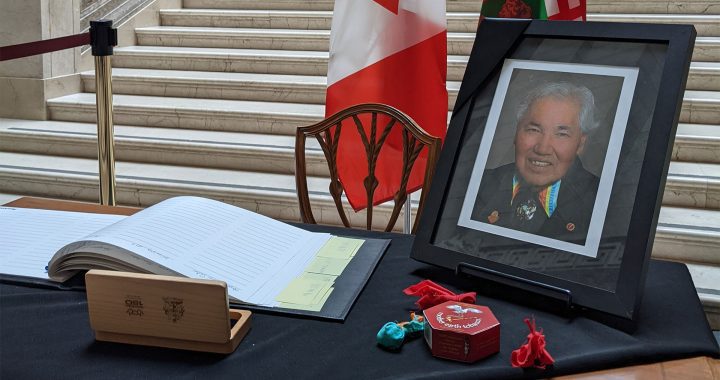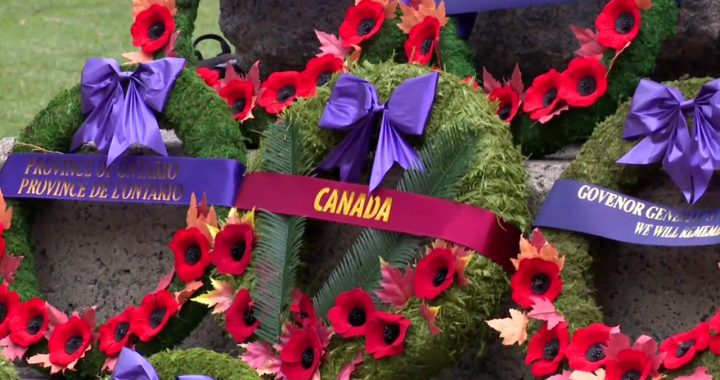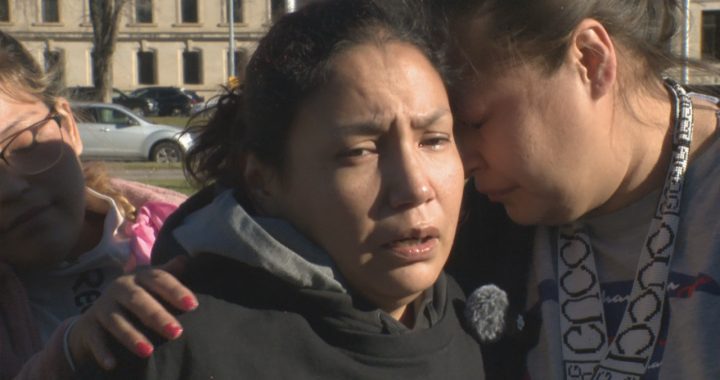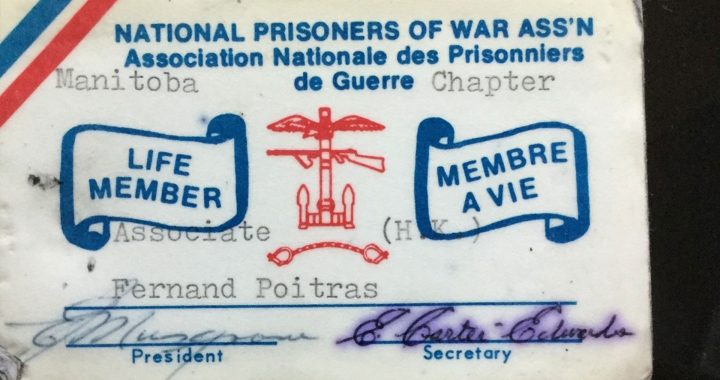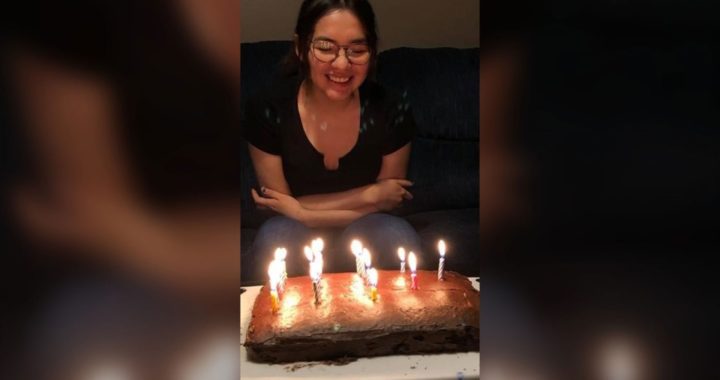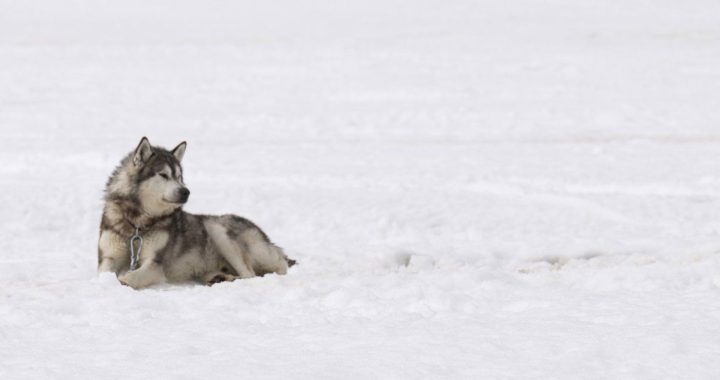Donald Trump’s convincing win in Tuesday’s U.S. presidential election significantly raises the profile of one Oklahoma senator says a long-time observer of Native American politics.
“This puts Oklahoma in front and the one to watch is Markwayne Mullin (Republican), who’s a member of the Cherokee Nation and the only Native American in the U.S. Senate,” Mark Trahant, who is an editor-at-large with the digital news organization ICT or Indian Country News, said from Phoenix, Arizona.
“He’s very close to president-elect Trump and will be a key voice in his administration. Whether or not he becomes his (Trump’s) representative within the Senate or he becomes in the actual administration running an agency. Either way, he’s going to have input.”
Trahant said Mullin is big advocate for improvements to the Indian Health Service and it can be expected he will try to get some consensus for this both across tribal nations and within the White House itself.
He also said the Trump campaign has long favoured exploitation of natural resources for energy and getting them to market and this will likely be a top of mind issue for the new president when he deals with tribal communities and their territories.
Trump handily defeated Democrat Vice-President Kamala Harris taking 295 electoral college votes to Harris’ 226.
The swing states of Michigan, Pennsylvania, Wisconsin and Georgia also went Republican red.
The Republicans are also set to take control of the Senate with a 52 to 45 seat lead and hold a 210 to 198 lead in the House of Representatives – also known as the Congress.
Polls indicated a much closer race and Trahant said he was as surprised as anyone that the Democrats didn’t fare better.
He said he believes the Harris team ran a strong campaign but the Trump campaign managed to appeal to a new set of voters that may have not been comfortable with the idea of having a woman of colour in the White House.
One of the Trump campaign’s top priorities is to crack down on illegal immigrants coming across the U.S. border from other countries.
Trahant said this is sure to affect Indigenous people fleeing poor living conditions in Central and South America.
“You look at Mexican immigration of those people that are Indigenous and they don’t speak Spanish. They [U.S.] don’t have any government protocols for how to deal with Indigenous languages and so some of the challenges faced are because of their Indigeneity.”
Former member of military says Canada needs to step up
A First Nations veteran with a long family history of service in the armed forces says Canada needs to step up its recruitment game if the military wants to appeal to young Indigenous women and men.
“If you’ve ever actually gone to try and find a recruiting centre and entered any major city – where are they,” Wendy Jocko, who is a former chief of the Algonquins of Pikwakanagan in Ontario, said. “You can’t find them anymore. Everything seems to be online and I have actually heard from a few people that they’ve had an application in for over two years and nothing’s moving. When I joined the recruiting sergeant actually came to our school and he gave us a bit of a pep talk and that’s what really inspired me to join.”
Jocko’s great grandfather and four of his sons fought in the War of 1812, four great uncles served in World War One with one of them killed at Vimy Ridge and her father, mother and five uncles were part of the World War Two effort.
Jocko herself served in the Canadian military from 1979 to 2002, including two tours of duty in Bosnia, and her late son was also a member of the First Royal Canadian Regiment.
Friday is Indigenous Veterans Day and Jocko said she will be participating in various activities including at the Aboriginal War Veterans Monument in Ottawa.
Cleaning up racism in Saskatchewan
A First Nations MLA in Saskatoon says Saskatchewan still has a lot of work to do when it comes to addressing racism in the province.
“We absolutely have a long way to go,” NDP MLA Betty Nippi-Albright said. “When I was elected in 2020, I talked about how racism is still very much part of Saskatchewan and we see that in systems, we see that in representation. There’s only three Indigenous MLAs in the province and that’s a shame. We actually should have a whole slew of them but we don’t and that talks about how racism is still very much ingrained in all political spheres including provincial.”
Provincial voters went to the polls last month re-electing a Saskatchewan Party government to a fifth straight term.
The NDP did however fare better than it has in recent elections picking up 27 of the province’s 61 seats.
Nippi-Albright herself was re-elected to a second term.
The Saskatchewan Legislature is expected to resume sitting at the end of the month.






